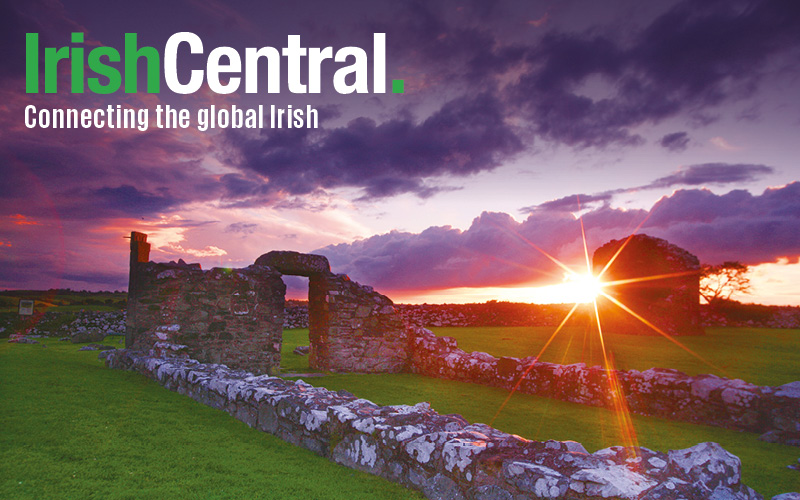The Irish War of Independence, a guerrilla war fought between 1919 and 1921, ended British rule in most of Ireland. But in the vacuum that followed, the elite who managed to commander most of the power and the wealth of the country found their circumstances improved as the nation floundered.
Post boxes were painted green. Harps appeared on the national heading paper. Politicians came to power and awarded themselves spectacularly competitive wages (until recently, the Irish Prime Minister Enda Kenny was paid more than President Barack Obama).
The year 2016 will see us celebrate the centenary of the Easter Rising. If we’re smart it will be an opportunity for us to examine all the ways in which Irish independence has -- and has not -- worked out for us.
From 1921 on unemployment in the Republic averaged at about 18 percent to 20 percent, and emigration stayed fairly constant at a shocking 40 percent. Ireland may have won its freedom, but it had discovered how much freedom cost.
It wasn’t supposed to be like that, and it would not have been with keener leadership. As we know, institutional capacity is essential to the successful running of a state, and Irish institutions simply were not up to the task.
Competitive forces, which provide the friction that aids the development of institutions, were largely absent. The ship of state was drifting.
It didn’t help that some of most conservative senior political and clerical leaders – with uncharacteristic sentimentality – had actually decided that we would be a nation untouched by pluralism or the sharp end of the global economy. Instead we’d be the last feudal outpost, a devout nation of comely maidens and brawny suitors, turning our backs on the 20th century.
We saw how that worked out in all the mother and babies homes, in all the clerical abuse cases, and in the calcified class structures that came to dominate us for over half a century.
The people of Ireland already knew that independence wasn’t working out the way they had been told it would when they voted to join the European Community (now the EU) in 1973. Because of that change about 80 percent of Irish laws and regulations now come from Brussels, which makes the work that Irish political leaders do seem modest indeed.
After the recessions and privations of the 1970s and 1980s the flood of "cheap" money that arrived with the preparation for the euro led to the most chimerical moment since the foundation of the state, the massive property boom of the Celtic Tiger.
For a time, to many people, it looked like the country was finally a success. But instead it was really an unsecured lending bubble, and the European Central Bank became our absentee landlords of the 21st century.
Garnishee orders were sent out against our economy, assets were stripped, and a new generation of Irish people was sent reeling into space after the asteroid strike of the banking collapse.
All of these boom and bust fiascos have become all too familiar to us. But this year there’s a wrinkle that may finally offer some hope.
The disillusionment with the European (and global) system dominated by powerful financial entities that enable inequality to thrive with the aid and approval of politicians is finally meeting with some global push back.
That Eurocentric financial system never allowed room for real independence in the first place. It still does not. It’s an irony of history that the system that actually defeats independence will inspire even greater demands for independence in the years ahead.
It always surprises me how few Irish people seem to know that Ireland -- less than one percent of Europe’s population -- took on a massive 43 percent of the net cost of the European banking crisis across all 27 member states. That’s 41billion euro out of 96.2 billion euro.
That means that the cost of our bank bailout was €8,956 for every person in the country, compared to the European Union average of €191. How was that a deal exactly?
In many cases the poorest Irish taxpayers are now paying for the excesses of shadowy Irish bankers, even though there was no state involvement. It’s increasingly hard to say why our politicians thought the plain people should carry the can.
One of the rules of capitalism is – or it used to be – that you take a risk and sometimes you take a hit. But nowadays the risks accrue to the poorest, the people who may not even benefit during the booms, and the rewards go to the top.
Meanwhile the International Monetary Fund attached a hefty interest rate to the repayments it made to bail out the Irish economy in 2008. Currently we pay them €18 billion yearly.
If you’re wondering where Irish independence went, you could start with the Irish politicians who tied this millstone around our necks.




Comments